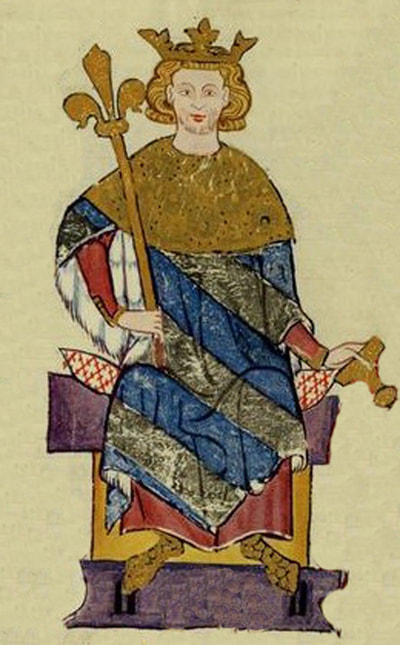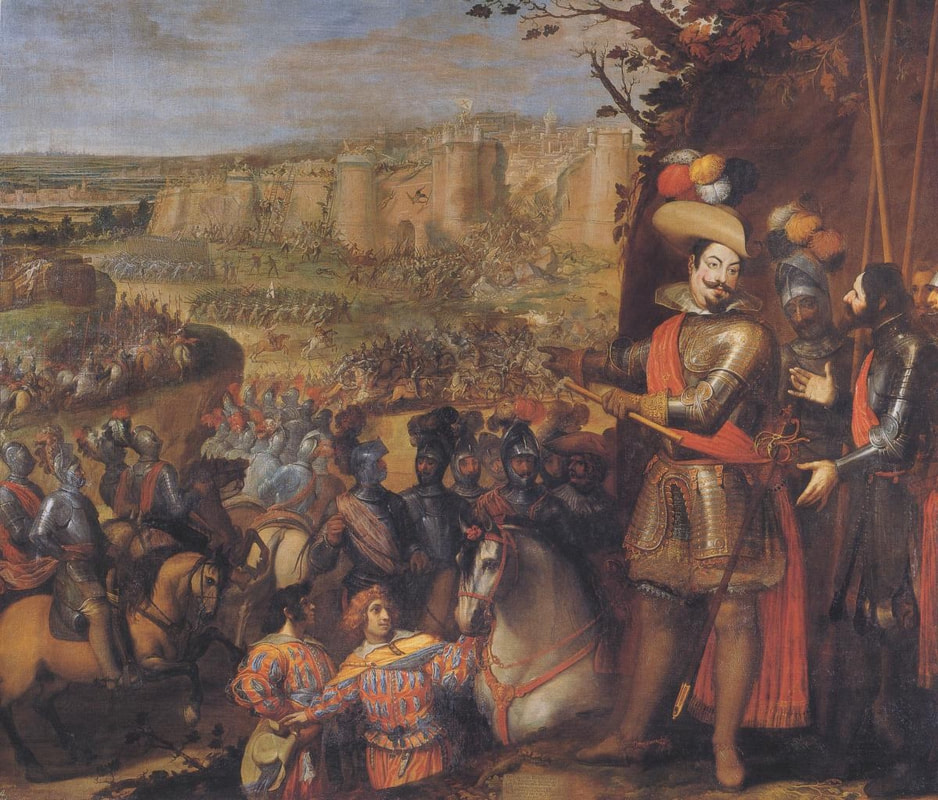|
Many of the themes that are present in other plays throughout the 17th century can be found in this text : passion and its consequences, clemency, vengeance, and the role of the king. However, rather than looking at its content, I'd like to take this time to examine the development of plot structure at this moment in theatre history. This play is a long ways from the renaissance tragedies who completely eschewed plot in favor of a emotional poetry, but it has not reached the clean-cut form that will be perfected in Racine's plays. The neoclassical rules were developed as a response to these plays of the first half of the century, with their meandering plots, undeveloped characters, and sometimes bizarre resolutions. Venceslas is a transitional text, where the plot have been streamlined but still lacks the rigid structure that characterize later dramas. The first three acts are purely exposition, and what most would assume to be the climax based on its position, the death of Alexandre, the younger brother, truly should be the inciting incident which sets the play in motion. The climax of the clemency of the king is undercut by its lack of time to develop. The most moving parts of this play are the king's lamentations over his duties as a king and his duties as a father. I was truly moved by the king's plight, which made its lack of development all the more disappointing. This play has a good story, but its plot structure renders it ineffective, demonstrating the need for the neoclassical rules to provide that structure.
0 Comments
As seen in many other plays, particularly those of Pierre Corneille, the shifting position of the relationship of the aristocracy to the monarchy was a topic of much discussion in the 17th century. Whereas during the Middle Ages, the relationship of the vassal to the king was clear - the vassal fought on behalf of the king - in the 17th century the vassal shifted towards more of a political and diplomatic asset. Don Bertrand de Cabrère by Jean Rotrou explores the tail end of the more militaristic relationship and the shift towards the political station. What strikes me about this play in particular is the treatment of the king as mortal and fallible. In the later plays of the 17th century, it would be unheard of to treat the king in such a comic and irreverent way. Perhaps it is only my reading, but the first few acts of this play read like a comedy of errors where the vassals are trying to communicate something serious with their king, but he is too distracted by his personal entanglements to pay attention. At one point he falls asleep during someone's story. Throughout the play the king repeats the fact that he is a mortal man. All this together seems to me to undermine the "divine nature" of the monarchy, even if this is a foreign monarchy. It seems to me that all monarchies are a metaphor for the current monarch, and by extension the institution of monarchy itself. It may simply be my reading, but I imagine that this play would have been quite politically scandalous upon its performance.
|
Jennifer KellettM.A. French Literature Florida State University Archives
June 2021
Categories |
Photos used under Creative Commons from mharrsch, Renaud Camus


 RSS Feed
RSS Feed
